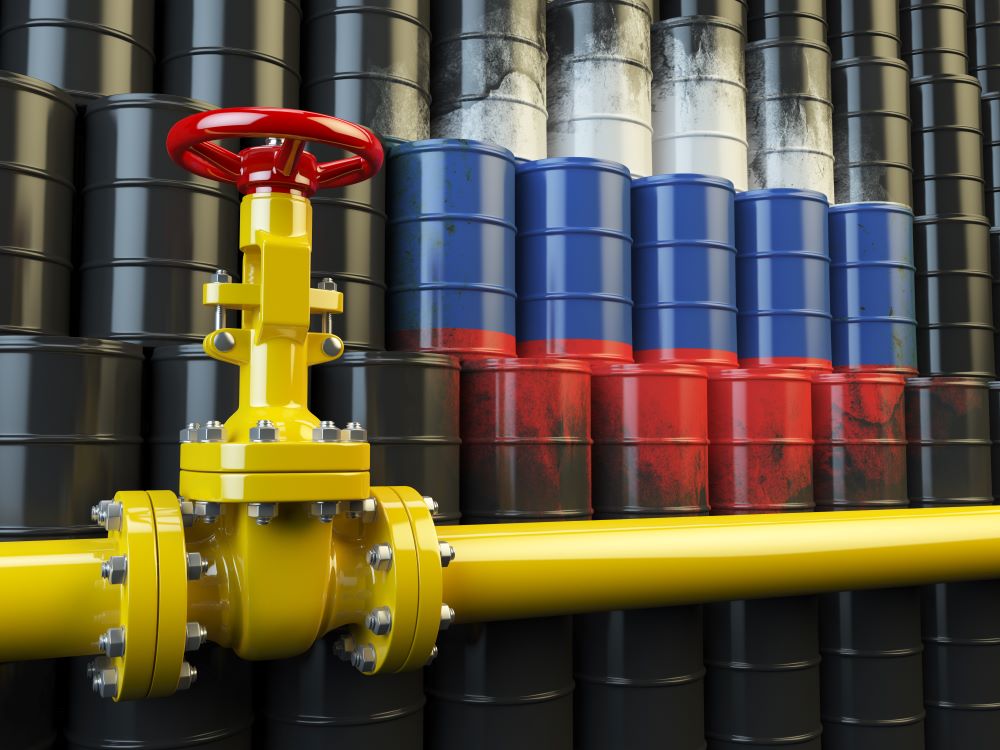
The crisis in Ukraine is forcing Western countries to reassess their commitments to the green energy transition timetable as they now try to wean themselves off Russian oil and gas.
The US and UK yesterday announced plans to ban oil imports from Russia and the EU has said it will end all imports of oil and gas from Russia by “well before 2030”, according the Independent.
As a result, countries may have to adjust their net zero ambitions and even turn back to more polluting fossils fuels such as coal to fill energy gaps.
Coal
Before the Russian invasion, global coal use hit record levels over the winter, causing emissions to rise, while clean energy installations fell below the levels needed to reach climate targets.
With 80% of the world’s energy still coming from fossil fuels, “the energy transition was already in trouble”, Dieter Helm, professor of energy policy at the University of Oxford, told the FT.
He predicted that EU coal use could now increase further.
‘Freedom energy’
An EU meeting was held this week regarding its energy response to the crisis and the bloc is expected to push for a renewed push towards green energy.
German finance minister Christian Lindner called clean energy the “energy of freedom”.
Delays
However, with gas and oil prices hitting record highs, and green energy infrastructure set to take years to develop, cleaner energy timelines could be delayed.
The International Energy Agency (IEA) recently acknowledged this trade-off.
“The faster EU policymakers seek to move away from Russian gas supplies, the greater the potential implication, in terms of economic costs and near-term emissions,” the IEA said in a report last week.
Meanwhile coal prices are also soaring to $400 per tonne, from $82 last year.
Attention diverted
The Observer comments that there is a danger that the battle for Ukraine may divert attention away from the approaching climate change crisis.
Government action in the UK is already under pressure from politicians concerned about the cost-of-living crisis, with energy prices set to substantially increase for consumers.
The paper said the UK must “rid itself of its fossil fuel addiction entirely and become self-reliant on electricity that is generated cleanly and efficiently”.
Destabilising
The IEA has urged the EU not to sign new gas supply agreements with Russia as part of a 10-point plan for green transition, reports the FT.
Kadri Simson, EU energy commissioner, said that the conflict had made it “painfully clear that we cannot afford to leave to any third country the power to destabilise our energy markets or influence our energy choices”.
An updated European Commission energy strategy will stress the need to boost renewables.
2030 target
Europe has committed to cutting its greenhouse gas emissions by at least 55% by 2030, and to reach net zero emissions by 2050.
Currently, Russia provides nearly 40% of EU gas and more than 25% of its crude oil.
Interconnected issues
Politico reports that the latest report into the impact of climate change from the UN body, the Intergovernmental Panel on Climate Change (IPCC), has come at an inopportune moment.
However, the war in Ukraine has demonstrated the interconnectedness of issues such as energy, food security and the green transition.
The report authors said the world must “consider that climate change is really a matrix of risks and that all of the issues that will be key in the 21st Century — with development, security, migration, health — all of these issues will be transformed by climate change.”
UK strategy
According to yesterday’s Politico London Playbook, the UK’s immediate energy supply strategy envisages Britain pumping more oil and gas from the North Sea as Western countries give themselves a temporary “climate change pass” as they transition away from Russian dependence.
Although the strategy also encompasses accelerating cheap renewables and more nuclear power, ministers are set to announce the first new round of exploration licences in the North Sea since 2019, with plans for up to six new projects.
However, Climate Change Committee chair John Selwyn Gummer has called on the UK to focus on renewables ahead of fracking or North Sea exploration.
